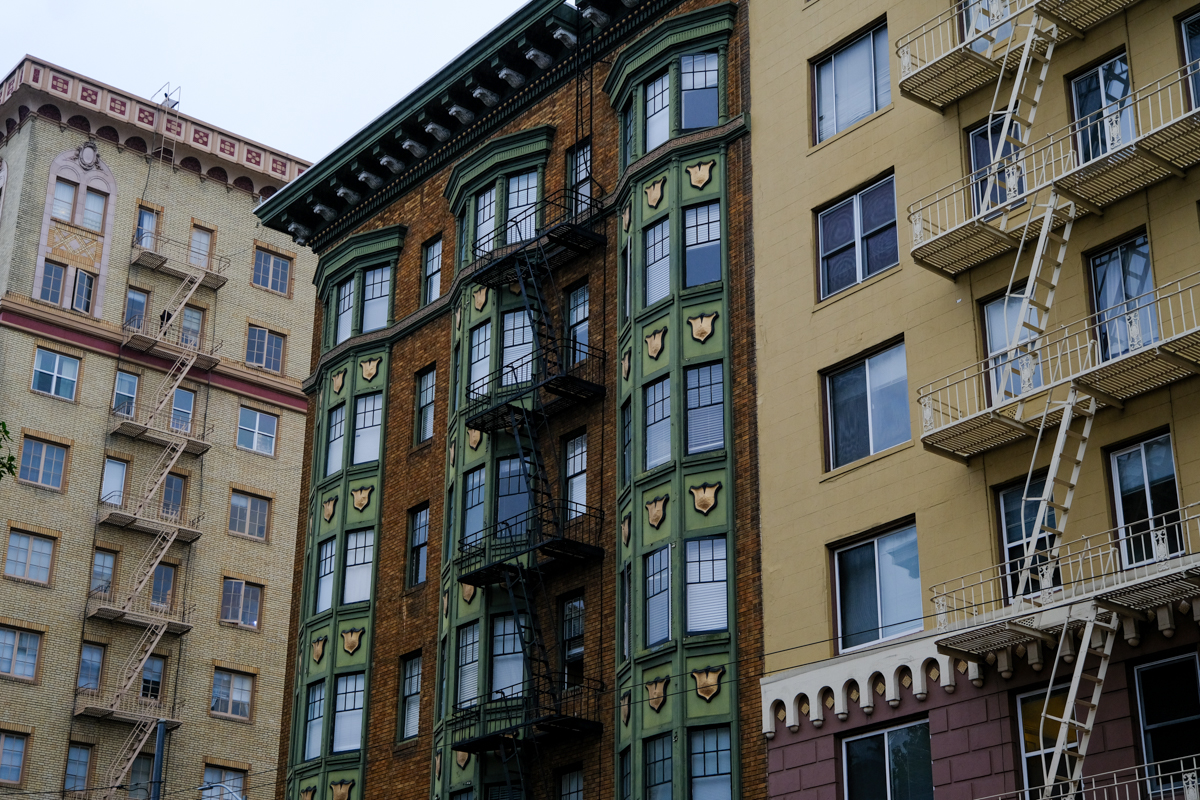The White House declared an extension of emergency funding on Tuesday that will reimburse the cost of shelter-in-place hotels through April 1, 2022, but city officials are still weighing how the announcement might affect efforts to relocate the thousands of people who were placed in hotels during the pandemic.
The new reimbursement deadline marks an additional 3-month extension from FEMA’s prior deadline of December 2021, and promises to reimburse 100% of eligible expenses related to COVID-19 emergency and disaster efforts. The Mayor’s Office and the Department of Homelessness and Supportive Housing (HSH), which oversees the hotels program, said they were still in the process of reviewing the announcement to determine its impact.
Two weeks ago, city officials pushed back a deadline to wind down shelter-in-place hotels through September 2022, saying they needed more time to relocate occupants to permanent housing. HSH estimated that the extension could come at a cost of $21 million, which the city would have to fund from grants or other sources. At an Oct. 27 hearing, deputy director Noelle Simmons cited an “opportunity cost” in extending the program, pointing to a $7,000 per room monthly price tag that might be otherwise invested in permanent housing.
The city began closing shelter-in-place hotels in July, pointing to dropping COVID-19 infection rates and citing a plan to transition residents into permanent supportive housing. The hotels housed 3,709 people in San Francisco at the program’s peak, according to a presentation published by HSH, and over 48,000 people statewide. As of late October, the department said it had reshoused 729 hotel guests.
Supervisor Matt Haney, an advocate of the shelter-in-place hotels, challenged the timeline for winding down the program.
“They’re saying they can’t [extend the hotel program] because they’ve got to focus on the people who are inside now. But I don’t see why we can’t do both,” Haney said. “[People] are going to be on the streets — that costs money too. Or we’re going to bring them to shelters — that costs money too. Why not bring them in the hotels, which is safer, more effective and is transitional to get them off the streets permanently?”
The federal reimbursement applies solely to non-congregate shelter costs used in stopping the spread of COVID-19, including: People who test positive for COVID-19, who have been exposed to COVID-19, or high-risk individuals such as seniors and people with certain health conditions.
According to the city’s budget office, FEMA has reimbursed $6.8 million of the $259.4 million San Francisco asked for in non-congregate shelter costs so far. The remaining $252.6 million is still under review or being processed by FEMA, a process that can take years. California’s Department of Social Services also allocated $32.1 million to San Francisco for the 2021-22 fiscal year — the most of any county or tribe in the state— for hotels and reshousing efforts.
“We are grateful to President Biden and FEMA for providing 100 percent reimbursement from the federal government,” said Jason Eliot, a senior counselor to Governor Gavin Newsom, in a statement to Here/Say. “Moving forward, California will continue our efforts to protect people experiencing homelessness and reduce the spread of COVID and its variants.”
